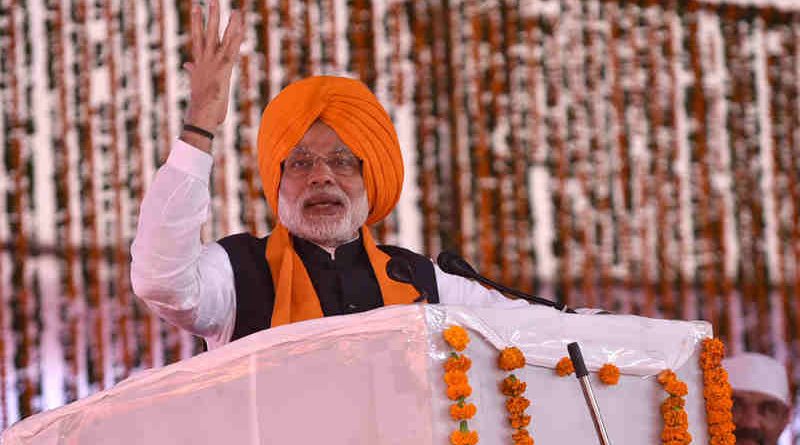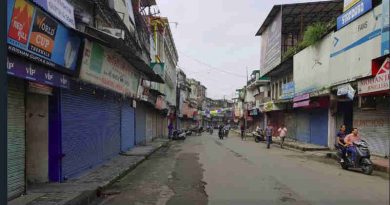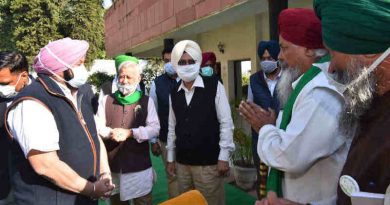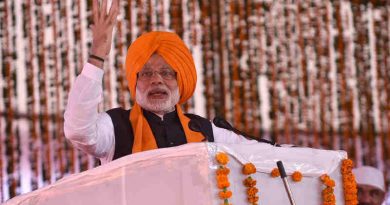How PM Office Mishandles Corruption Complaints in India

As most bureaucrats who are supposed to resolve corruption cases are themselves corrupt, they simply ignore public complaints that they receive through post or through the online complaint filing systems.
By Rakesh Raman
While corruption is increasing exponentially under the Indian government headed by Prime Minister (PM) Narendra Modi, the government falsely claims that it is handling corruption complaints effectively.
In a statement issued today (March 18), the government said that the number of corruption related complaints received in the Prime Minister’s Office (PMO) during the last one year for the period 01.03.2019 to 29.02.2020 is 12,458 and the total disposal of corruption related complaints during the said period is 12,066.
This is a blatant lie. In fact, most bureaucrats who are supposed to resolve corruption cases are themselves corrupt. They simply ignore public complaints that they receive through post or through the online complaint filing systems.
As a journalist and social activist, I file dozens of complaints through the government’s online interfaces. But the careless government officials simply close the cases by giving some perfunctory response or by sending my complaint to some other random department. They behave as if they are working in a post office. In the past couple of years, they could not resolve even a single corruption case that I have filed.
Worse, after arbitrarily closing an unresolved case, the dishonest government officials show it as a resolved case in their records and the government shamelessly claims that the case is resolved.
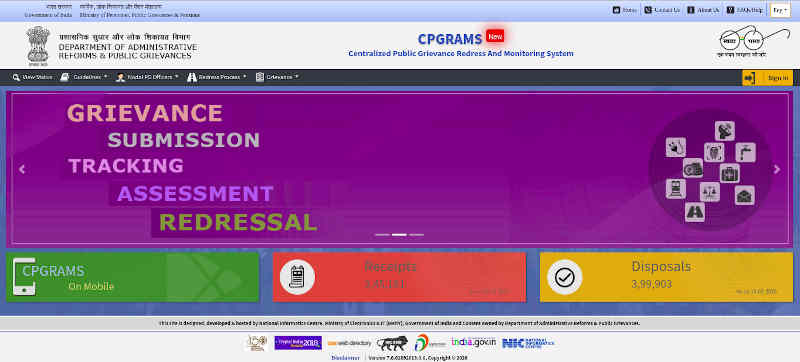
On the Centralized Public Grievance Redress And Monitoring System (CPGRAMS) of the Government of India, for example, the government shows that in the current year it had received 345,161 complaints as on March 18, 2020 and disposed of 399,903 of them.
This is an utter falsehood because the government says it disposed of more cases than it received. Actually, the government has not addressed even a fraction of the complaints that it received.
The modus operandi of the anti-corruption agencies, including the Central Vigilance Commission (CVC) and the Central Bureau of Investigation (CBI) is to use code words such as “necessary action” in their letters to defer the investigations indefinitely and scuttle the corruption cases without holding the corrupt officials accountable.
If a higher authority sends a case to the investigation agency for taking “necessary action,” it means that the case should be ignored without carrying out investigation. While the complainant thinks that the action is being taken on their complaint, the investigating officer understands the secret behind the “necessary action” terminology and never starts investigation in the case.
Since the grievances of citizens are not addressed properly, they are left with no other option but to go to courts. But most of them do not get justice in courts which are buried under millions of cases that are pending. As administration has collapsed and courts give haphazard judgments, the lawlessness is increasing rapidly in India.
As per guidelines issued by Department of Administrative Reforms and Public Grievances, the grievance is required to be disposed of within a period of 2 months by the concerned department. But the government must not dispose of the case without fully satisfying the complainant. Only then corruption can reduce in the country.
By Rakesh Raman, who is a national award-winning journalist and social activist. He is the founder of a humanitarian organization RMN Foundation which is working in diverse areas to help the disadvantaged and distressed people in the society. He also creates and publishes a number of digital publications and research reports on different subjects.

